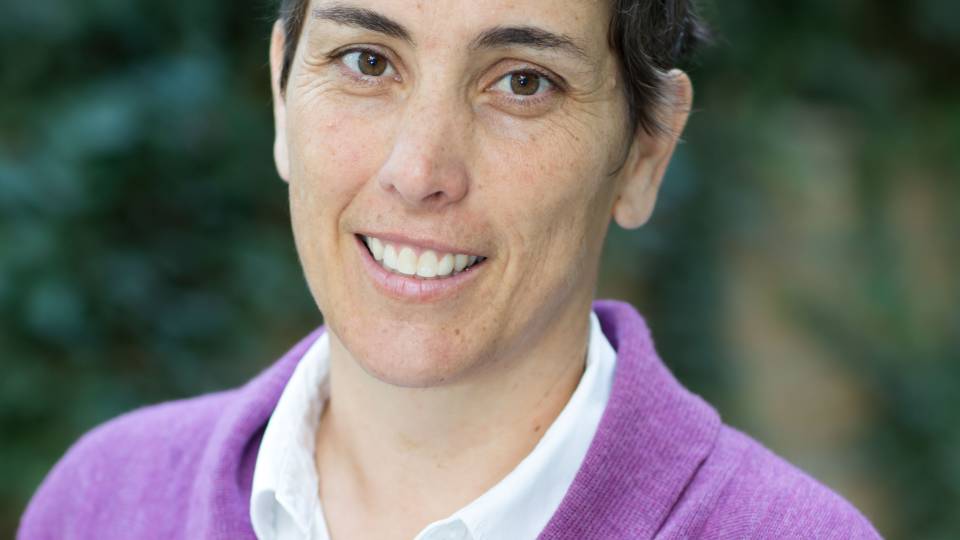As a historian of science, Graham Burnett has devoted much of his time to studying the relationship between science and European expansionism in the 19th century. When last year he found himself serving as the foreman of a jury hearing a murder trial, he discovered that some of that academic work – seemingly quite removed from modern life – helped him come to terms with the experience.
Burnett, who joined the faculty this fall as an assistant professor of history, was finishing up the proofs for his first book, "Masters of All They Surveyed: Exploration, Geography and a British El Dorado," in 1999 when he received a jury summons. Serving on the jury was such a transforming experience that Burnett ended up writing a book about it.
"A Trial by Jury," published by Knopf in September, is about the killing of Randolph Cuffee, a gay man who is found stabbed to death in his apartment in New York's Greenwich Village. The defendant, Monte Milcray, who is on trial for second-degree murder, admits to the killing but says he was defending himself from being raped. After taking the reader through much of the testimony in the case, Burnett gives a mesmerizing account of how 12 people of varying intellectual abilities attempt to make sense of the set of contradictory and incomplete facts they have been given to determine Milcray's fate.
The process grows unruly as the jury, sequestered during its deliberations, is increasingly fractious. Burnett describes the four days of deliberations in the book: "A clutch of strangers yelled, cursed, rolled on the floor, vomited, whispered, embraced, sobbed and invoked both God and necromancy."
For the complete story , see the Weekly Bulletin.
Contact: Marilyn Marks (609) 258-3601
